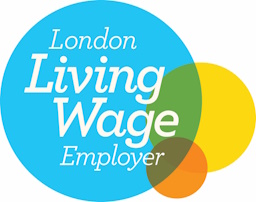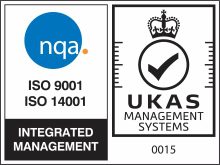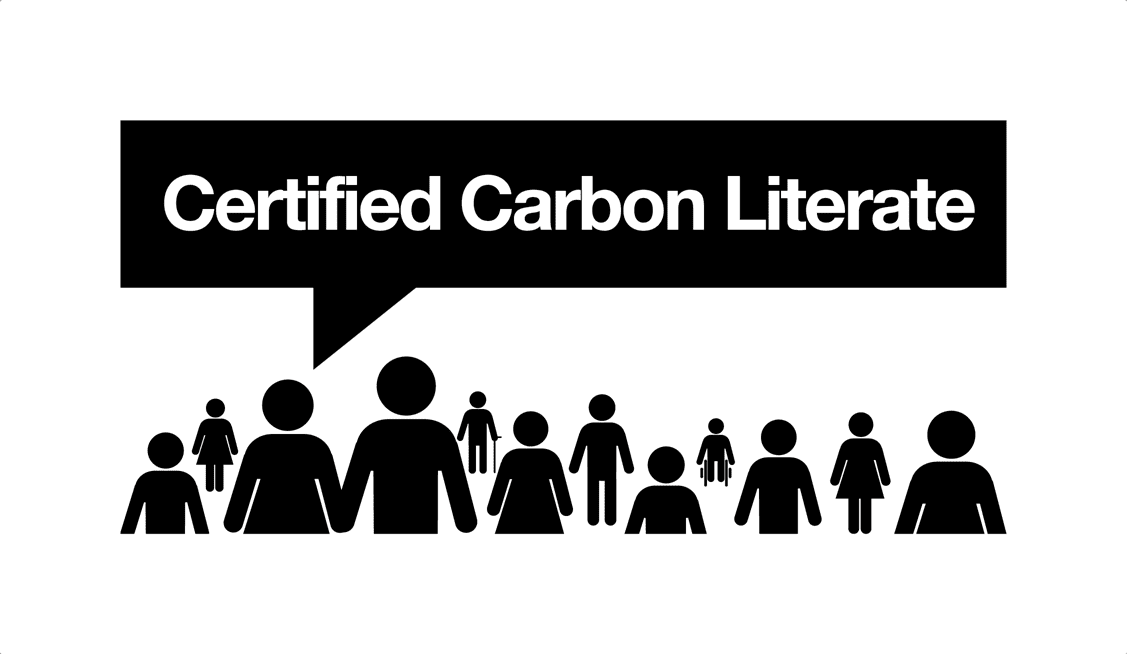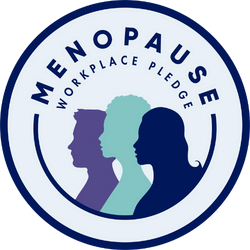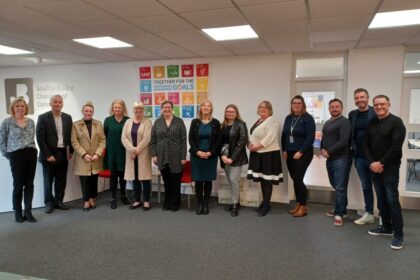
Last week, our Employment, Skills and HR forum received a very informative update on gender equality from Helen Bailey, Head of Learning and Development at Strategi Solutions.
Helen reviewed a summary of gender employment by sector. The top three sectors of employment for women, are ‘Health and social work’, ‘Wholesale and retail’ and ‘Education’.
When it comes to higher paying occupations, a study from October 2022 to September 2023 indicated that there is still a majority of males in roles such as ‘Managers, directors and senior officials’ or ‘Professional occupations’, compared to their female counterparts.
Helen’s update also looked at reasons for economic inactivity. When it comes to those looking after family or the home, this role is four times more likely to be filled by a woman than by a man.
PWC recently published a Women in Work Index, which found that whilst women’s participation in labour markets is increasing, they continue to face pay disparities compared to men. The gender pay gap widened between 2021 and 2022 in 20 of the 33 OECD countries. This includes the UK, which experienced the largest annual drop in the PWC Index of any OECD country, dropping four places from 13th to 17th place and with a gender pay gap estimated to be a whopping 14.5%.
Helen explained the many benefits of a gender balanced workforce. Studies by CMI suggest that ccompanies in the top quartile for gender diversity on executive teams were 25% more likely to experience above-average profitability and that organisations with greater gender diversity are 1.4 times more likely to have sustained, profitable growth.
It’s barely a week since International Women’s Day, which celebrates the achievement of women and raises awareness about discrimination. It’s clear that more needs to be done if we are to narrow the gender gap. What practical measures can your business adopt, in order to close the gender gap?
How about promoting greater women’s representation at board level and development of clear and transparent parental and health policies, along with a work life balance policy. When it comes to recruitment practise, businesses can look at using inclusive recruitment initiatives and having longer shortlists for job vacancies. Any job adverts and job descriptions should include a gender decoder.
Other practical measures can include dedicated focus to close the gender pay gap and creation of a more inclusive workplace culture, to eradicate microaggressions in the workplace.
In 2015, the United Nations launched its Sustainable Development Goals (SDG), encouraging the world community ‘to mobilise efforts to end all forms of poverty, fight inequalities and tackle climate change, while ensuring that no one is left behind’. A total of 17 SDG were developed, one of which (‘SDG # 5 ‘Gender Equality’) calls for greater gender equality.
Staffordshire Chambers’ of Commerce is proud to be a UN SDG Ambassador and we hope that more Staffordshire businesses will join us in showing their commitment to the Global Goals and the action that they’re already taking to combat major global challenges including climate change, gender inequality and poverty.
If you would like to join our Employment, Skills and HR forum and join the debate on how to develop a more inclusive and representative workforce, please contact: declan.riddell@staffordshirechambers.co.uk






